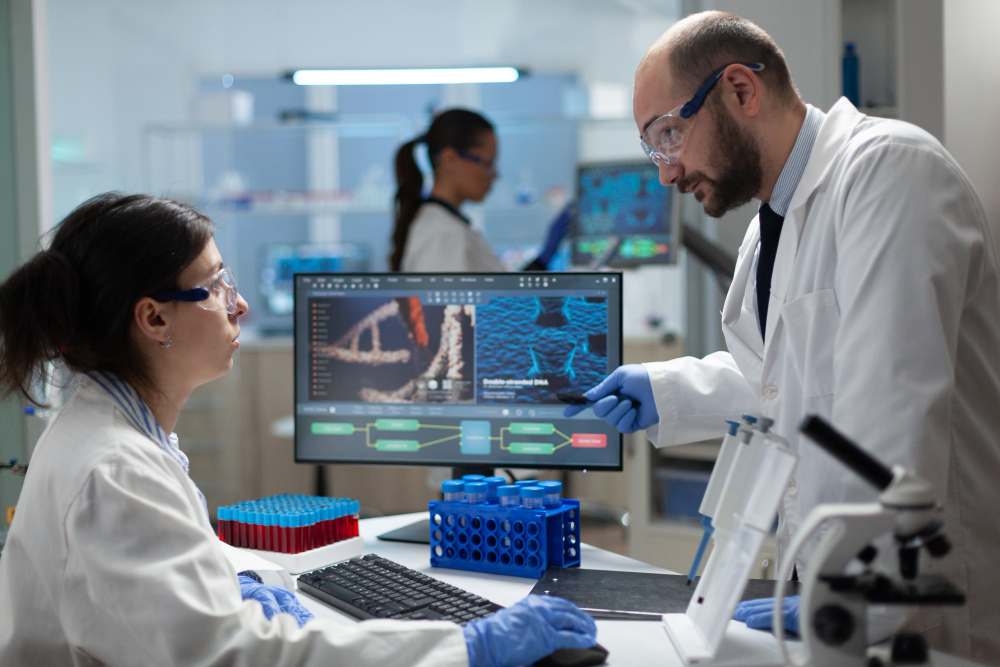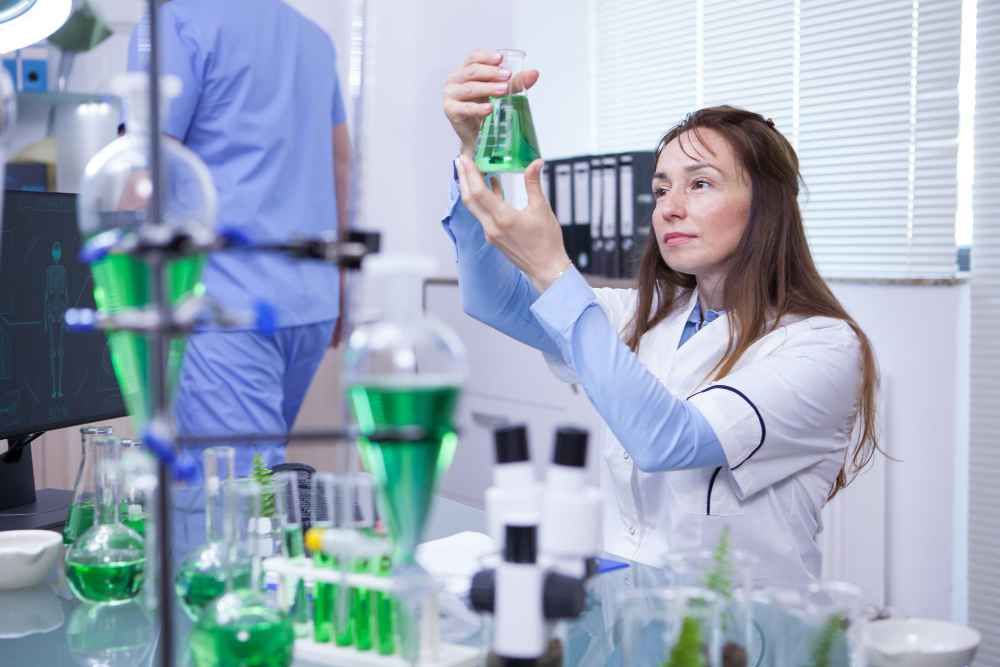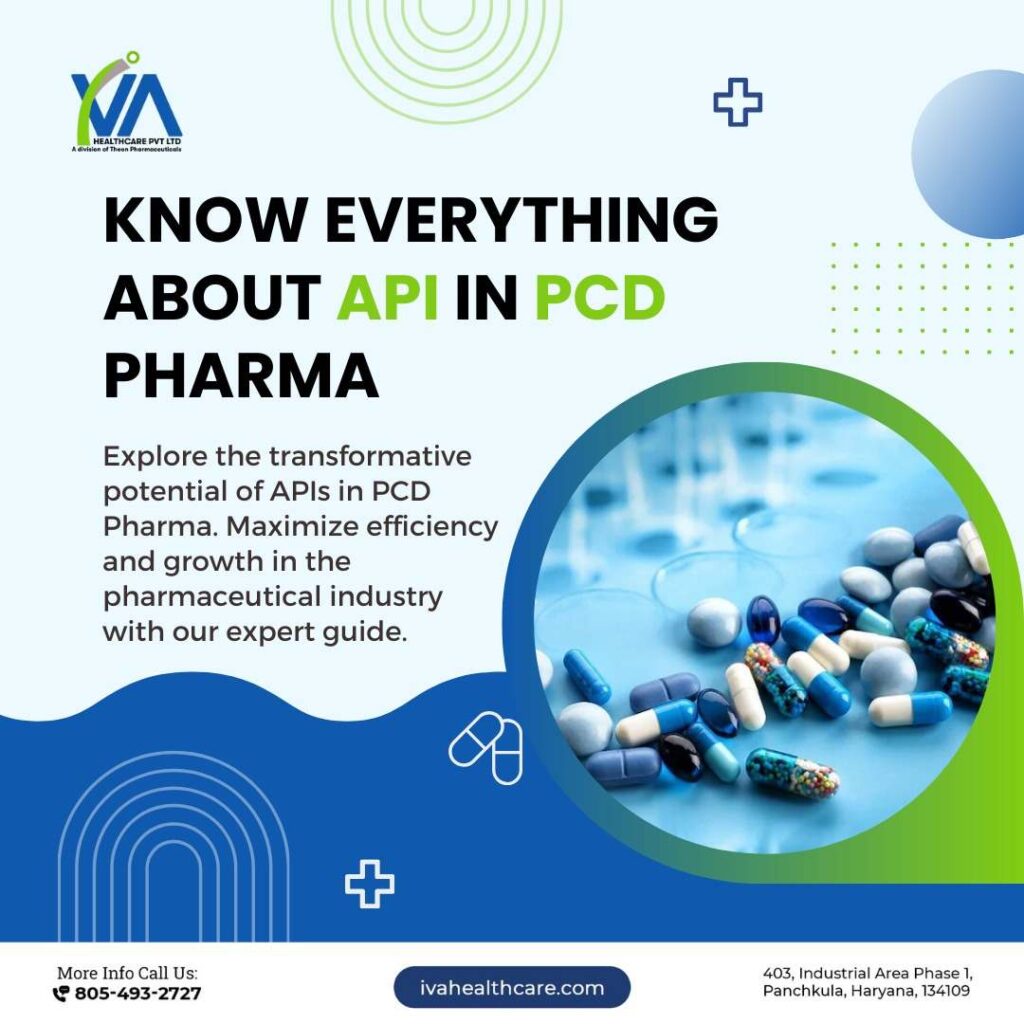In the dynamic world of pharmaceuticals, the term API holds significant importance. API stands for Active Pharmaceutical Ingredient, which is the biologically active component of a pharmaceutical drug. These substances are responsible for the therapeutic effects of medications. In the industry of PCD (Propaganda Cum Distribution) pharma, understanding APIs is crucial for businesses to thrive and deliver effective pharmaceutical products to consumers.
Introduction to API in PCD Pharma
APIs serve as the backbone of pharmaceutical formulations. They are the primary substances that exert pharmacological activity in a drug. In the context of PCD pharma, where businesses distribute pharmaceutical products to various regions, understanding APIs becomes paramount. Every pharmaceutical product marketed by PCD pharma companies contains one or more APIs, which are carefully selected based on their efficacy, safety, and regulatory approval.

Types of APIs
APIs can be classified into two main categories:
- Synthetic APIs:
- Chemically synthesized in laboratories using complex chemical reactions.
- Offer precise control over composition and purity.
- Ideal for pharmaceutical formulations due to their consistent quality and potency.
- Natural APIs:
- Derived from natural sources such as plants, animals, or microorganisms.
- Often exhibit therapeutic properties.
- Have been utilized in traditional medicine for centuries.
- May vary in composition and potency due to natural variations.
API Sourcing and Manufacturing
Sourcing APIs is a crucial element of running a successful PCD pharma business, as the quality and reliability of these substances directly impact the efficacy and safety of pharmaceutical products. Companies must establish robust relationships with API manufacturers or suppliers to ensure a consistent and reliable supply chain.
API manufacturing encompasses several intricate processes, each designed to produce APIs of the highest quality and purity. These processes include synthesis, extraction, purification, and formulation.
- Synthesis: In the synthesis process, chemical reactions are employed to create APIs from raw materials. This step requires expertise in organic chemistry and precise control over reaction conditions to achieve the desired molecular structure and purity.
- Extraction: Some APIs are derived from natural sources such as plants, animals, or microorganisms. In such cases, extraction techniques are used to isolate the desired active ingredients from the raw material. Extraction methods vary depending on the source material and the properties of the API being extracted.
- Purification: Once the API is synthesized or extracted, purification steps are employed to remove impurities and contaminants. Purification techniques may include filtration, chromatography, crystallization, and distillation, among others. These processes are essential to ensure the final API meets regulatory standards for safety and efficacy.
- Formulation: After purification, the API is often formulated into a final dosage form, such as tablets, capsules, or injections. Formulation involves combining the API with other pharmaceutical ingredients, known as excipients, to create a stable and effective drug product. Formulation processes must also adhere to strict quality control measures to ensure product consistency and uniformity.
Quality Control and Regulatory Compliance
Maintaining quality control throughout the API manufacturing process is essential to produce safe and effective pharmaceutical products. Quality control measures encompass testing and analyzing raw materials, intermediates, and finished products to verify their identity, purity, and potency. Regulatory compliance is another crucial aspect, as APIs must meet stringent regulatory requirements set forth by government agencies such as the FDA (Food and Drug Administration) or EMA (European Medicines Agency).
API Supply Chain Management
The API supply chain involves a complex network of manufacturers, suppliers, distributors, and retailers. Effective supply chain management is essential to ensure the timely and efficient delivery of APIs to PCD pharma companies. Challenges such as supply chain disruptions, counterfeit drugs, and regulatory hurdles must be addressed to maintain the integrity of the supply chain and safeguard public health.

API in PCD Pharma Business
In the area of pharma franchise companies, selecting the right APIs is crucial for developing high-quality pharmaceutical products. The efficacy, safety, and cost-effectiveness of these products depend largely on the quality of the APIs used. PCD pharma companies must carefully evaluate suppliers and manufacturers to ensure the reliability and consistency of their API sources. Additionally, cost considerations play a significant role in API selection, as it impacts the overall profitability of the business.
Future Trends in API Development
The future of API development is characterized by advancements in manufacturing technologies and the emergence of personalized medicine. Advanced manufacturing technologies such as continuous manufacturing and green chemistry are revolutionizing the way APIs are produced, making the process more efficient and sustainable. Personalized medicine, on the other hand, focuses on tailoring treatments to individual patients based on their genetic makeup, lifestyle, and medical history. APIs play a crucial role in enabling personalized medicine approaches by providing targeted therapies for specific patient populations.

